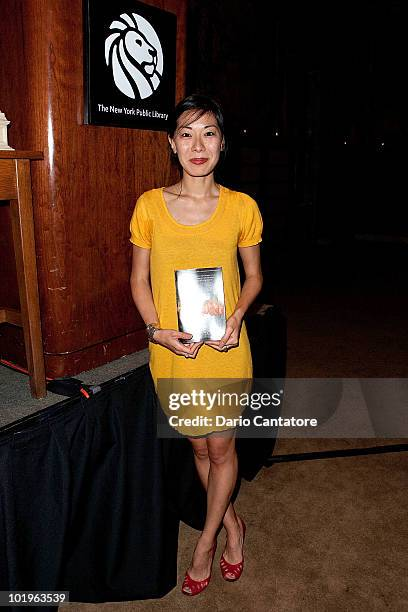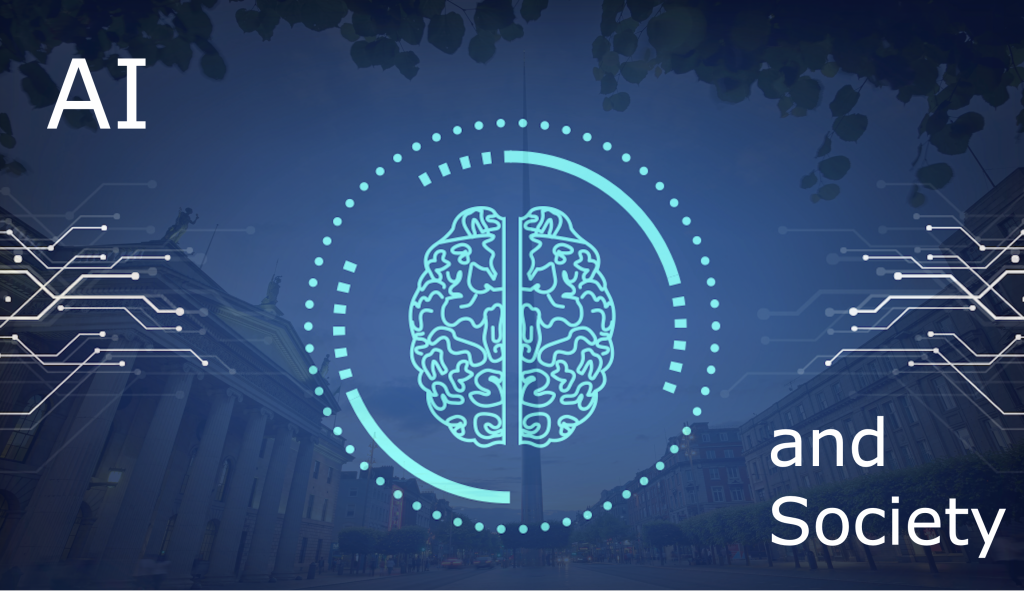In the world of literature, science fiction recommendations stand out as a beacon for those curious about the intersection of technology and humanity. This genre not only entertains but also deepens our understanding of critical issues such as AI in literature and its societal implications. From the cautionary tales of censorship in fiction to the intricate explorations of our relationship with technology, there’s a myriad of best sci-fi books that spark thought and discussion. Classics like ‘Fahrenheit 451’ remind us of the dangers of information control, while contemporary works challenge our perceptions of consciousness and existence. Discovering these works can provide not just entertainment, but also a vital commentary on the human condition amidst rapid technological advancements.
When diving into speculative narratives, it’s essential to explore intriguing titles within futuristic fiction that challenge our understanding of society and technological advancements. These novels, often categorized as imaginative literature, raise profound questions about artificial intelligence and its role in our lives. Engaging with stories about information suppression and the consequences of technological dependence, readers can confront themes reminiscent of classic dystopian works while discovering modern interpretations. Such thought-provoking selections tap into universal concerns, compelling readers to reflect on the implications of unbridled progress in the age of digital connectivity. Immersing oneself in this cerebral genre can yield not only enjoyment but also valuable insights into the evolving relationship between humanity and technology.
The Intersection of AI and Literature
Artificial intelligence continues to influence various domains, including literature. AI is not just a tool for authors; it serves as a thematic element in numerous narratives, exploring the complexities of humanity. Works like “Blindsight” by Peter Watts question the very essence of consciousness and the boundaries of intelligent life. This intersection reveals profound implications on our understanding of technology, prompting readers to consider whether AI could surpass human intellectual capabilities.
In addition to thematic explorations, AI in literature frequently critiques society’s current trajectory. As authors depict advanced technologies, readers are encouraged to reflect on ethical concerns and the potential realities we may face. Books about technology and society illuminate not only the promises of innovation but also the potential dangers of unchecked AI development, fostering critical conversations that merge science fiction with futuristic ethical dilemmas.
Must-Read Science Fiction Recommendations
For fans of science fiction looking to delve deeper into complex narratives, recommendations from literary scholars can provide invaluable insights. Titles such as “Solaris” by Stanislaw Lem offer a glimpse into humanity’s existential struggles when faced with the incomprehensible. This novel emphasizes humility in interactions with unknown intelligences, making it essential for those interested in the philosophical implications of technological advancements amid the cosmos.
Additionally, contemporary suggestions like “A Rover’s Story” by Jasmine Warga encourage younger audiences to grapple with the humanization of technology. By exploring the emotional connections between a rover and its human operator, the book reveals how technology can mirror our humanity, inviting readers to ponder how AI might enrich or complicate personal relationships. Such narratives are vital in understanding the current and future landscape of human-AI interaction.
Exploring Censorship in Science Fiction
Censorship in literature continues to resonate widely, with notable works like Han Song’s “Exorcism” offering scathing critiques of governmental restrictions on creative expression. Friedman highlights how Song’s narratives confront the darker aspects of existence, presenting a unique platform for examining censorship’s effects on culture and individual thought. This perspective is particularly crucial as technology becomes both a facilitator and a suppressor of free expression.
Moreover, in Ray Bradbury’s “Fahrenheit 451,” the implications of censorship are illustrated through a future where books are banned, and knowledge is systematically erased. This classic serves as a warning against complacency in the face of state control and has gained renewed relevance in today’s algorithm-driven information age. The parallels between Bradbury’s dystopian reality and contemporary issues surrounding information consumption and freedom of expression are stark, urging readers to remain vigilant.
Science Fiction Classics That Resonate Today
Classics like “Fahrenheit 451” and “Solaris” remain timeless due to their thought-provoking narratives, engaging with fundamental questions about technology’s role in society. Bradbury’s insights into the dangers of censorship resonate sharply in a digital era where social media algorithms dictate our consumption habits. Similarly, Lem’s exploration of extraterrestrial intelligence pushes the boundaries of our understanding and appreciation for the unknown.
These works serve not merely as entertainment but as cautionary tales that reflect ongoing societal issues. Science fiction classics urge readers to consider their positions on technology, censorship, and the importance of preserving human curiosity in the face of overwhelming distractions. They remind us that, as we forge into an uncertain future, literature can guide ethical considerations and the evolution of our understanding.
Understanding Humanity Through Science Fiction
Science fiction provides a unique lens through which we can explore human identity and relationship dynamics, particularly in the context of technology. In novels such as “A Rover’s Story,” the emotional connection between a human character and an AI prompts readers to ponder what truly defines humanity. This exploration encourages discussions around emotional intelligence and the potential for AI to serve as companions in our lives.
Furthermore, as technology becomes an integral part of our existence, literature reflects our fears and aspirations regarding AI’s evolution. Works like “Exorcism” challenge conventional notions of reality, especially as characters grapple with their identities in a world increasingly governed by artificial intelligence. Such narratives not only entertain but also stimulate critical reflection on how we define humanity in an age of advanced technology.
The Role of Artificial Intelligence in Modern Storytelling
The integration of artificial intelligence within storytelling has given rise to a new genre of narratives that deeply reflect contemporary societal issues. As authors experiment with AI in fiction, they probe significant themes surrounding identity, ethics, and the human experience. The evolution of AI technologies inspires fresh storylines that challenge traditional storytelling frameworks, encouraging readers to think critically about the advancement of AI.
In addition, novels showcasing AI often examine the implications of its integration into our daily lives, prompting critical discussions about its potential impacts. The narratives challenge us to contemplate not only the benefits of AI but also the ethical dilemmas that accompany its rapid growth. As demonstrated in works like “Blindsight,” this examination ignites a dialogue about what it means to be human in an increasingly mechanized world.
Innovation and Imagination in Sci-Fi Literature
Science fiction literature thrives on innovation and the imaginative exploration of what could lie ahead, fostering a crucial space for creativity and conceptual thinking. Authors harness speculative fiction to create worlds that challenge our understanding of existing technologies and social structures. By envisioning scenarios far removed from our reality, these writers invite readers to explore uncharted territories in human thought.
Moreover, the genre’s ability to push boundaries allows for the questioning of norms and inspires technological advancements that mirror the narratives crafted by visionary authors. Such speculative explorations serve as a testing ground for ideas that can spark real-world innovations, illustrating the profound connection between literature and scientific progression. In this way, sci-fi not only entertains but also influences future developments across societies.
The Future of Human-Machine Interaction
As we venture deeper into the age of artificial intelligence, literature remains a powerful tool for examining the future of human-machine interaction. Books like “A Rover’s Story” illustrate the potential for emotional connections to develop between humans and AI, offering insights into how these relationships can evolve over time. This narrative prompts essential conversations about the nature of companionship in the digital age.
Moreover, narratives exploring AI systems challenge readers to consider their ethical placements when interacting with machines. As depicted in Berger’s cautionary tale, there’s a fine line between embracing technology for its conveniences and recognizing the inherent need for human connection. Literature serves as a reminder that even as AI becomes a more integrated part of our lives, our fundamental need for authentic human interactions must remain a priority.
Challenging Perspectives Through Science Fiction
Science fiction plays a critical role in challenging conventional perspectives by exploring alternative realities and futures. The genre encourages readers to question societal norms and consider the impact of technology on humanity. Novels like “Exorcism” act as catalysts for critical inquiry, pushing the boundaries of what is possible and highlighting the repercussions of societal control.
Through their imaginative narratives, sci-fi authors invite readers to envision a world where technology shapes our identities and influences our understanding of freedom. These explorations provide a necessary platform for discussing pressing issues such as censorship and autonomy in an age dominated by information technology, reinforcing the importance of questioning our realities as we navigate through them.
Frequently Asked Questions
What are some recommended science fiction books that explore AI in literature?
If you’re looking for science fiction recommendations that delve into AI, consider titles like “Blindsight” by Peter Watts, which challenges the perception of consciousness and reflects on the nature of intelligence in the context of human interaction with other forms of intelligence. Another excellent choice is “Fahrenheit 451” by Ray Bradbury, which serves as a cautionary tale about censorship and the impact of technology on knowledge and critical thinking.
Which best sci-fi books address technology and society?
For those interested in the intersection of technology and society in science fiction, “Solaris” by Stanislaw Lem offers profound insight into humankind’s struggle to understand alien intelligence. Additionally, “A Rover’s Story” by Jasmine Warga illustrates the emotional connections formed with technology through the journey of a fictional Mars rover, prompting readers to reflect on what it means to be human in an increasingly machine-driven world.
Can you suggest science fiction classics that deal with censorship in fiction?
Certainly! A must-read classic regarding censorship is “Fahrenheit 451” by Ray Bradbury, which portrays a dystopian world where books are banned, urging readers to consider the dangers of information control and cultural apathy. Additionally, Han Song’s work, particularly “Exorcism,” has faced censorship in China and explores themes of narrative control and the importance of questioning authority in a world filled with chaos.
What are some recent science fiction recommendations about books that provoke thought on AI and humanity?
Recent science fiction recommendations tackle the complexities of AI and humanity. For instance, “Blindsight” by Peter Watts confronts uncomfortable truths about consciousness, while “A Rover’s Story” by Jasmine Warga invites readers to engage in discussions about machine empathy and human connections. Both works highlight essential themes as society grapples with advancements in AI.
Which authors are notable for writing about the impacts of technology on society in sci-fi literature?
Authors such as Ray Bradbury, known for his classic “Fahrenheit 451,” and Peter Watts, recognized for “Blindsight,” are pivotal in exploring the effects of technology on society in science fiction. Similarly, Stanislaw Lem’s “Solaris” delves deep into the implications of communication and understanding in the face of alien technology, making these authors essential for anyone interested in thought-provoking sci-fi.
| Title | Author | Key Themes | Recommended By |
|---|---|---|---|
| ‘Blindsight’ | Peter Watts | Explores artificial intelligence and consciousness, suggesting that human traits may not be essential for superior intelligence. | Karen Brennan |
Summary
For readers searching for science fiction recommendations, the genre serves as a vital lens through which we can examine our present and future realities. This curated list—from cautionary tales to humbling encounters with the unknown—challenges our perceptions of technology, humanity, and the essence of connection. Whether it’s Peter Watts’ thought-provoking ‘Blindsight’ or Ray Bradbury’s classic ‘Fahrenheit 451,’ these novels invite us to reflect critically on our relationship with artificial intelligence and the importance of maintaining our humanity amidst technological advancements. Engage with these works to not only enjoy compelling narratives, but to provoke deeper thoughts about our evolving world.

